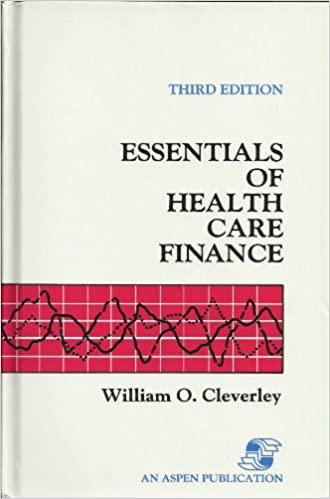

5. Dividend preference theory (bird-in-the-hand theory) Despite some theoretical assertions, many investors do care a great deal about dividends. They believe that sure dividends today (a bird in the hand) are less risky than a return in the form of capital gains in the future. The following table lists some factors that might affect an investor's preference for dividends. Indicate whether the given factors are likely to make an investor prefer to receive more or fewer dividends. Investors will likely Prefer... More Fewer Dividends Dividends Factor When investors receive dividends today, they may choose to reinvest or to consume goods. When an investor dies, his or her heirs are not liable for taxes on the capital gains generated during the investor's life. They are only liable for the capital gains earned since the investor's death. O The value of a dividend received today is known, but the value of a capital gain received in the future is uncertain. In examining investors' preferences for dividends, it is useful to begin with the concept of dividend irrelevance. Dividend irrelevance suggests that in a world with no taxes or brokerage (or transaction) costs, firms and investors are indifferent to the paying or receiving of dividends. However, as these restrictions are relaxed, various factors suggest that firms should pursue high or low payouts. One such factor is: Corporate investors in common stock may exclude 70% of their dividend income from taxes. Based on the factor described, identify whether corporate investors, in general, will tend to favor high or low payout ratios. O Favor a low payout O Favor a high payout Erin and Mia are finance researchers and are discussing the Modigliani and Miller (MM) dividend irrelevance theory. Based on your understanding of MM's argument and the impact of the assumptions applied to the argument, fill in the missing parts of their conversation. ERIN: Modigliani and Miller (MM) dividend irrelevance theory is based on several assumptions. However, in the real world, these assumptions don't apply. MIA: True. If the transaction cost assumption is removed, then investors do care about how they receive their gains from their investment- capital gains or dividends. their holdings to satisfy ERIN: You are right, Mia. According to MM's theory, investors who own low- or nondividend-paying stocks could current income requirements. the investor's MIA: But in the real world, Erin, this is not a fair assumption. Transaction costs with each trade activity will earnings leading investors toward preferring regular dividends








